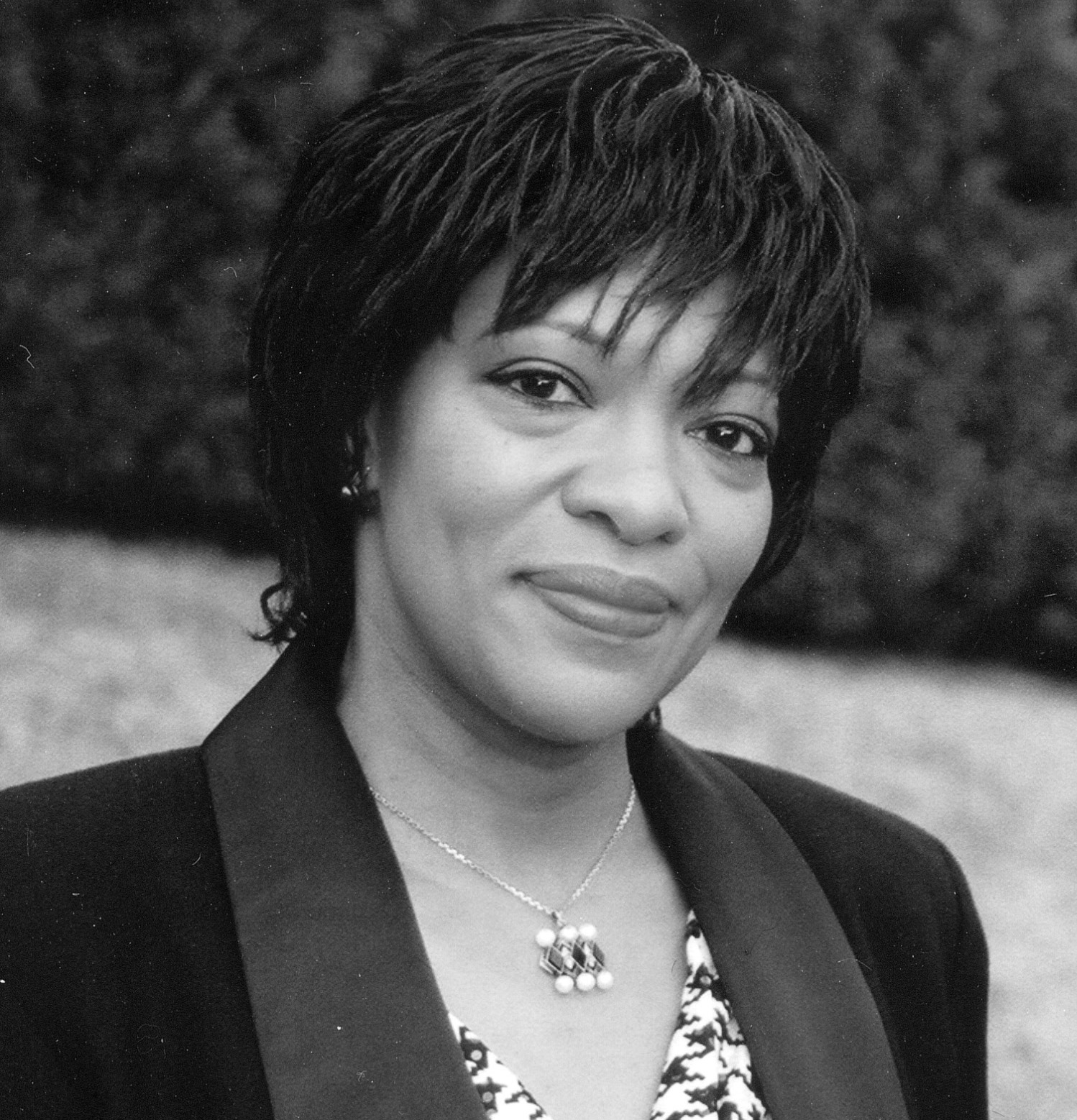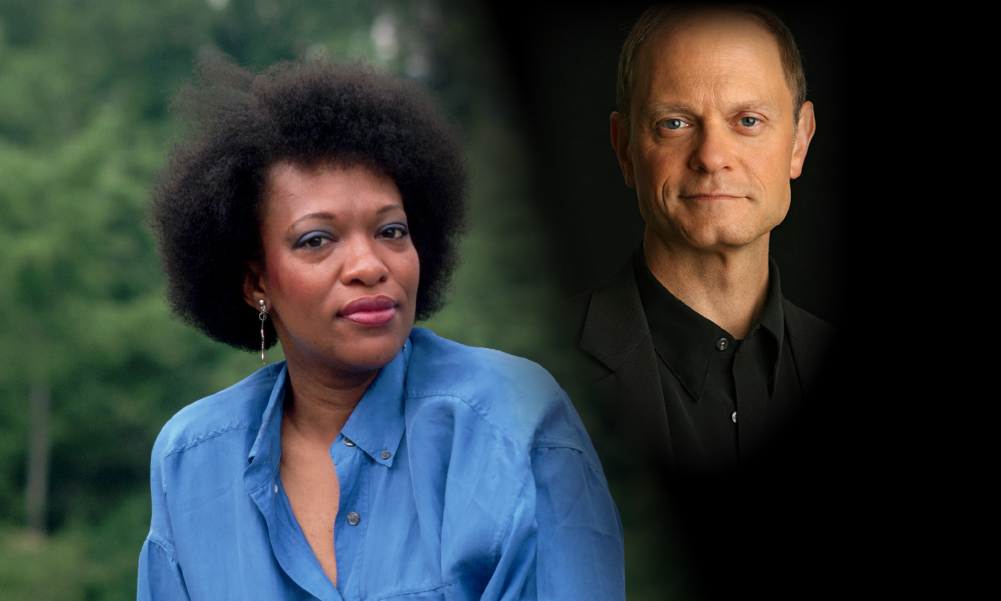

Dove was so intrigued that she went upstairs and Googled "black violinist Beethoven" and Bridgetower's name popped up. In one scene, the composer is walking through a group of musicians, including a black violinist.
#Vacation rita dove tv
But the poet is saying, 'I'm going to use this language to make the reader feel that inner life in such a way that the words seem to disappear.'"ĭove first discovered Bridgetower when she was watching the Beethoven bio-pic, "Immortal Beloved," on TV with her husband, the German novelist Fred Viebahn. The inner life is without words it's before language, so that's the challenge of poetry-that's why people think we're crazy. But to evoke the inner life in contrast to the public life and the performing life, you need lyric poetry. There are gaps between them that we have to jump over. "'Sonata Mulattica' is similar to 'Thomas and Beulah' in that it tells a story through lyric poems," Dove says, "like pearls on a necklace. It's a technique that she has employed previously, most obviously in her Pulitzer Prize-winning book, 1986's "Thomas and Beulah," a double portrait of her grandparents. From this chain of private musings, Dove creates a common sphere. 'Concert at Hanover Square,' for example, is followed by poems from the perspectives of fellow prodigy Franz Clement, street musician Black Billy Waters, aging composer Franz Josef Haydn, the queen's wardrobe mistress Charlotte Papendiek, and Bridgetower's father Friedrich. It's up to us the readers to make the connections between these frozen moments.
#Vacation rita dove series
Instead of the continuous storytelling we know from Dante's "Divine Comedy," Milton's "Paradise Lost," or Byron's "Don Juan," we get a series of short, discrete lyric poems, each one providing a snapshot of one character's internal musing. To capture that give-and-take between the public self and the private self, Dove had to adopt an unusual strategy: She had to create a narrative in verse without using the techniques of narrative poetry. Once someone steps out onto the stage, they add another layer of self, and we forget the pressure that adds to the inner life. Poetry gives us that inner life that's so often hidden from view. When you're walking through life, even when you have meltdowns, you can sense there's a part of you that you want to keep intact in the bubble around you. "People ask how you are, and you say, 'I'm fine,' when there's actually all these complicated things going on inside you.

Poetry can speak to children on so many levels… sometimes even more than a story."All of us live with this tension every day, even if in a milder way," Dove says by phone from her faculty office at the University of Virginia. Months after giving the gift, her mom told me that they were packing for a vacation and my niece had snuck in the book into her suitcase. One year, I gave one of my nieces (who wasn’t a big fan of reading at the time) a copy of Shel Silverstein’s Where the Sidewalk Ends. My regular readers know how much I love to give books as gifts. Books of Poetry to Read with your Young Children Poetry can help children understand and express their own emotions, as well as develop empathy and understanding for others. Reading poetry can also help children develop their emotional intelligence by exploring themes and ideas related to feelings, relationships and social issues. It can also help children develop important literacy skills such as reading comprehension, fluency, and vocabulary.īy exploring the sounds, rhythms, and meanings of words in poetry, children can deepen their understanding and appreciation of language. Poetry is a powerful and engaging form of literature that can capture a child’s imagination and help them develop a love of language and words.


 0 kommentar(er)
0 kommentar(er)
